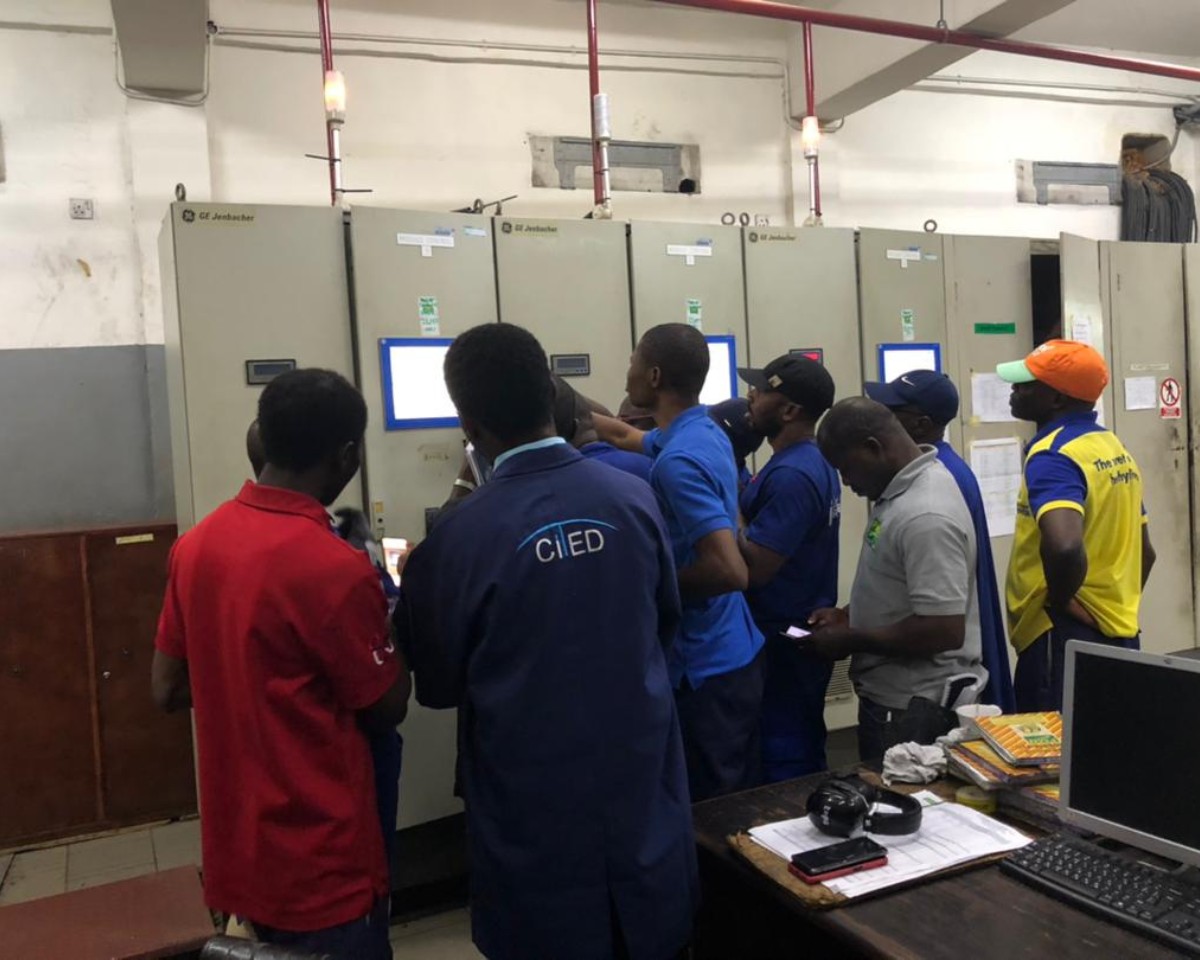This 3-day intensive training program equips participants with the knowledge and skills to effectively analyze feeder faults and implement appropriate remedial actions. Through a combination of theoretical explanations, practical exercises, and case studies, you will gain valuable insights into various fault detection methods, analysis techniques, and corrective measures for ensuring reliable and efficient power distribution systems.

Introduction:
This 3-day intensive training program equips participants with the knowledge and skills to effectively analyze feeder faults and implement appropriate remedial actions. Through a combination of theoretical explanations, practical exercises, and case studies, you will gain valuable insights into various fault detection methods, analysis techniques, and corrective measures for ensuring reliable and efficient power distribution systems.
Objectives:
- Understand the fundamental principles of feeder fault analysis, including fault types, causes, and impact on system stability.
- Master various fault detection and location techniques, including protective relays, fault indicators, and transient analysis.
- Develop comprehensive skills in analyzing fault data, interpreting protection system behavior, and identifying root causes.
- Explore a range of remedial actions for different fault scenarios, including system reconfiguration, equipment repair, and protection scheme modifications.
- Learn best practices for implementing effective corrective measures to minimize downtime and prevent future faults.
Content:
Day 1
- Feeder Fault Fundamentals: Types of faults, causes, consequences, system impact.
- Fault Detection and Location: Protective relays, fault indicators, transient analysis methods, case studies.
- Data Analysis and Fault Interpretation: Data gathering, relay behavior analysis, root cause identification.
- Protective Relay Coordination: Principles, coordination studies, importance in fault analysis.
Day 2
- Remedial Actions for Feeder Faults: System reconfiguration, equipment repair, protection scheme modifications.
- Case Studies and Simulations: Applying theory to practical scenarios, decision-making exercises.
- Advanced Fault Analysis Techniques: Advanced relays, digital fault recorders, waveform analysis.
- Grounding and Insulation Coordination: Impact on fault behavior and mitigation strategies.
Day 3
- Maintenance and Testing for Fault Prevention: Predictive maintenance, insulation testing, routine checks.
- Incident Response and Investigation: Procedures, documentation, reporting, best practices.
- Industry Standards and Practices: Regulations, guidelines, recommended approaches.
- Future Trends in Feeder Fault Analysis: New technologies, data analytics, automation, artificial intelligence
Conclusion:
By the end of this training program, you will be well-equipped to confidently analyze feeder faults, implement effective remedial actions, and contribute to the reliable and efficient operation of your power distribution systems. You will gain practical skills, enhanced problem-solving abilities, and a deeper understanding of best practices in fault analysis and management.

